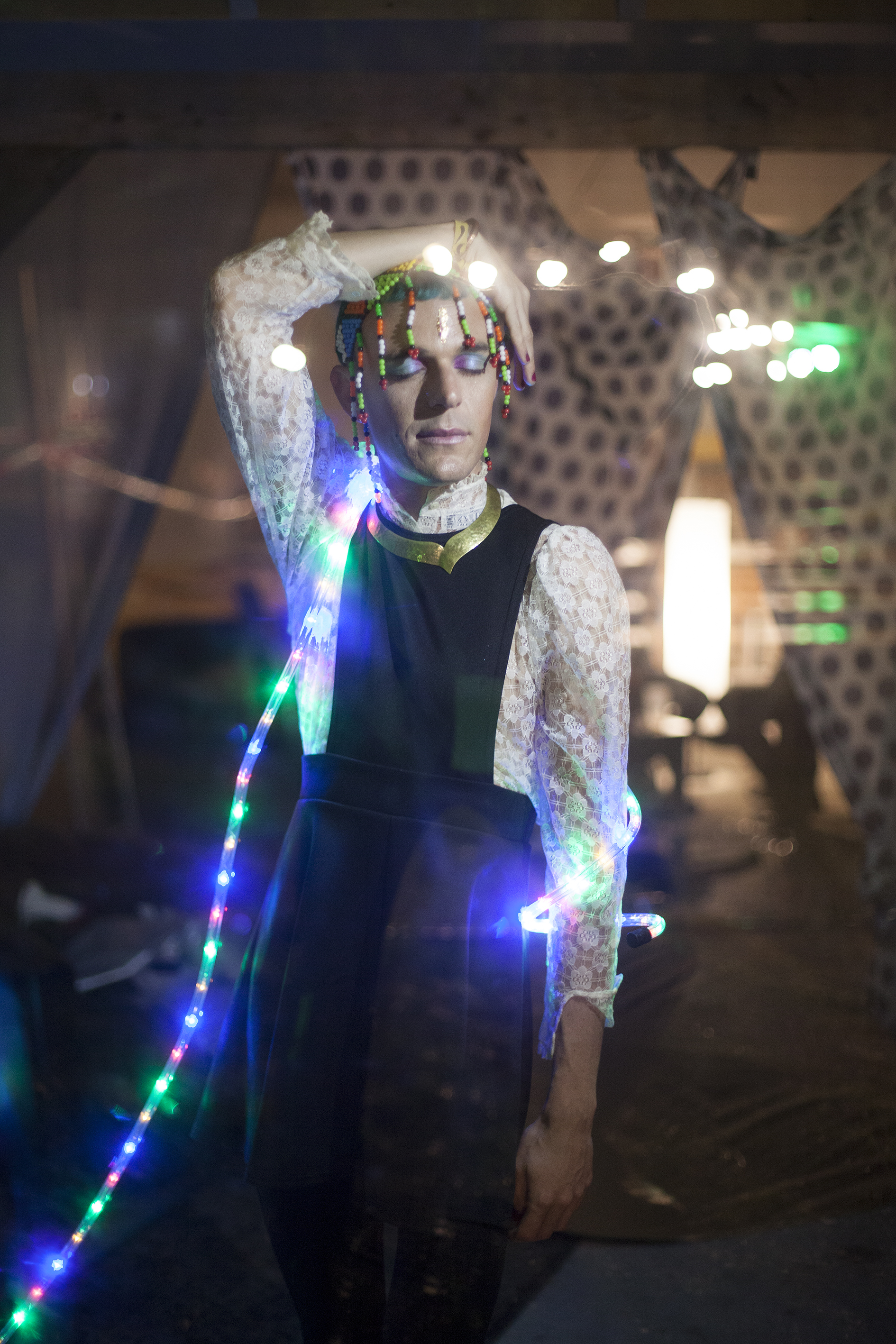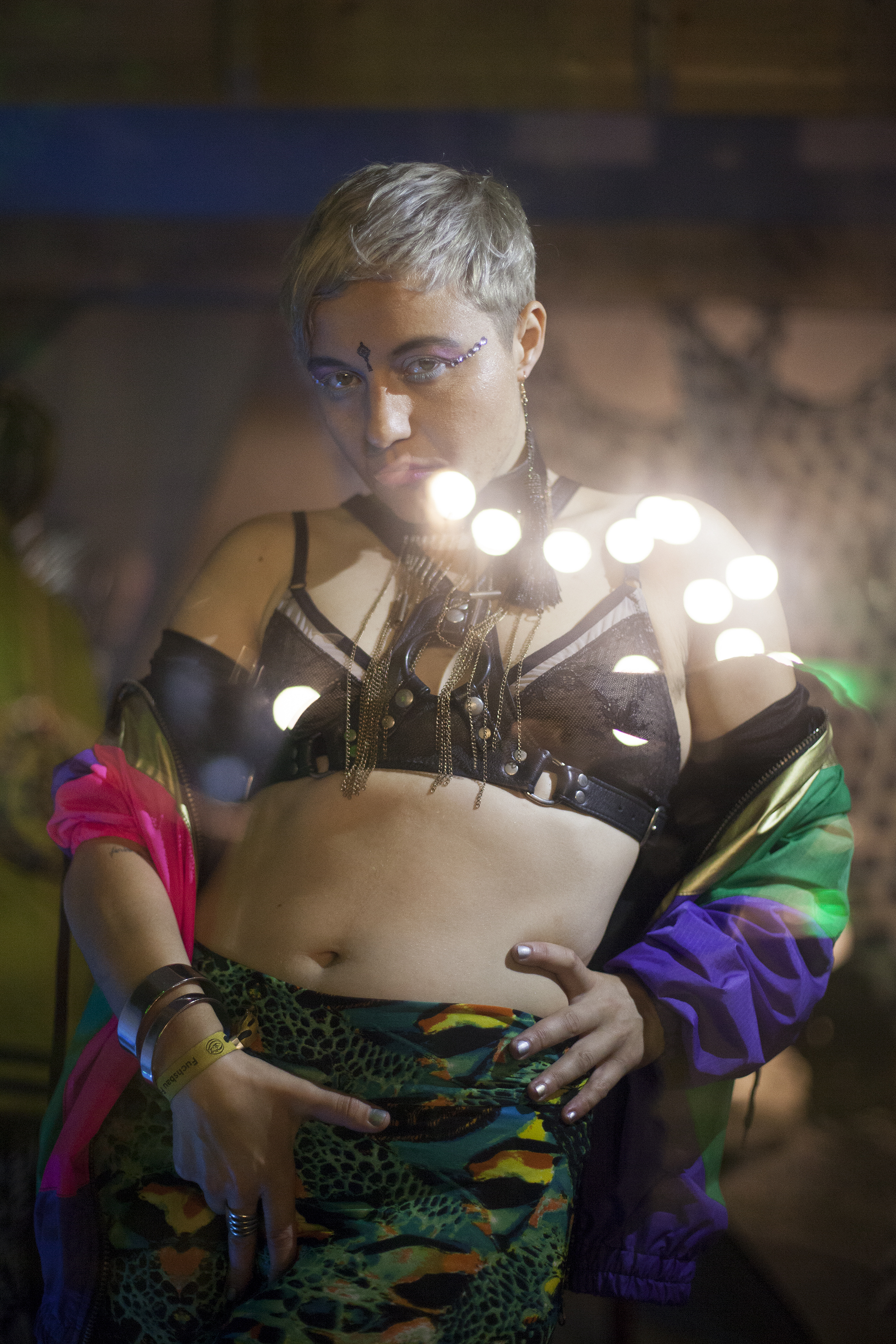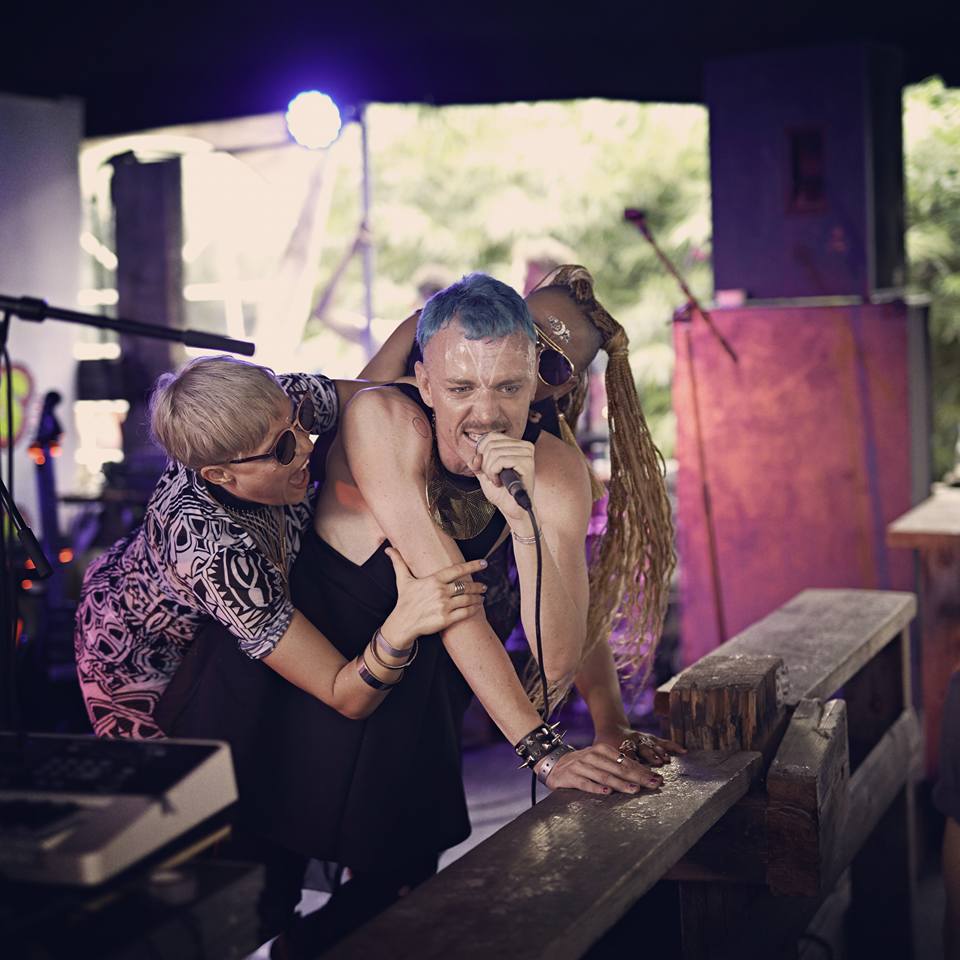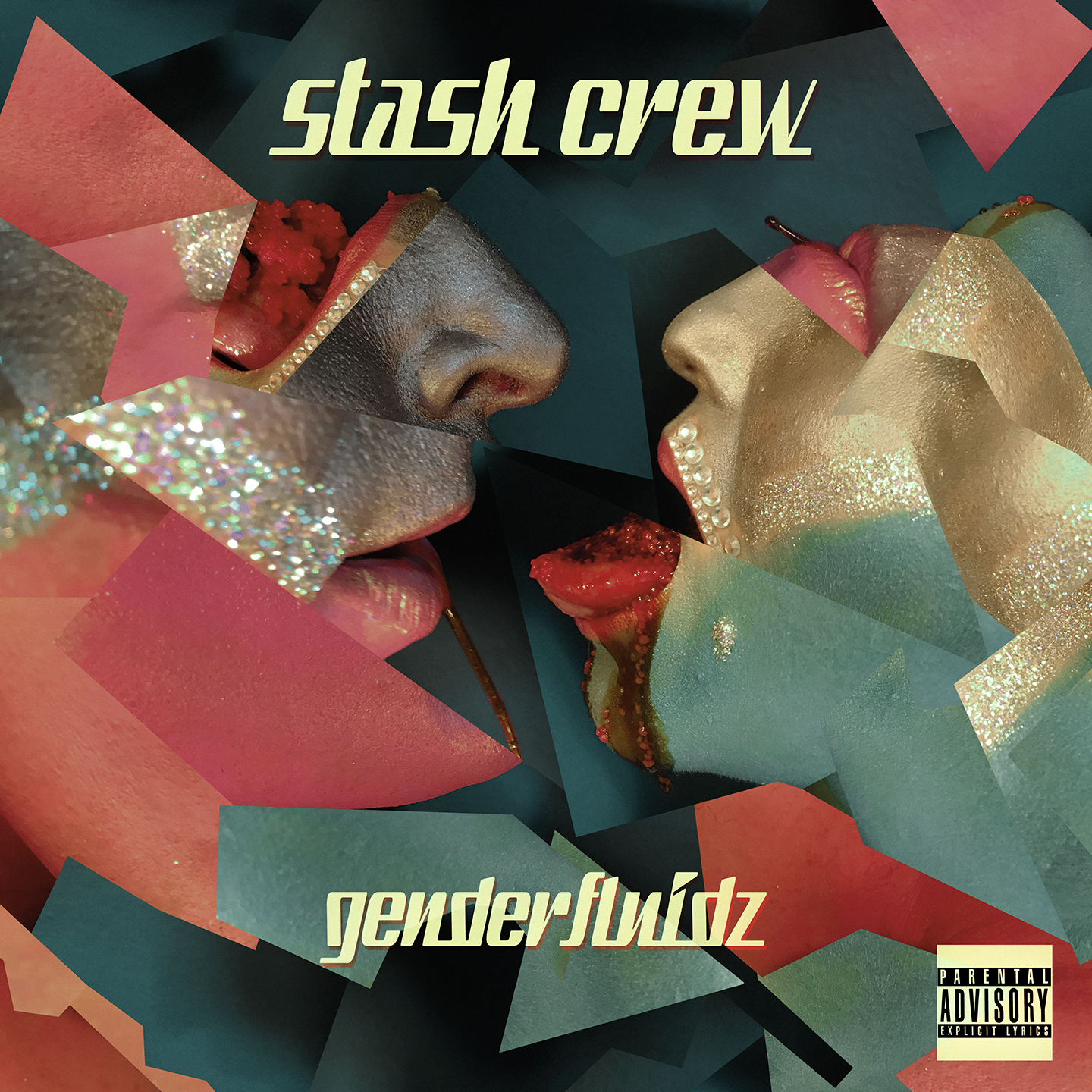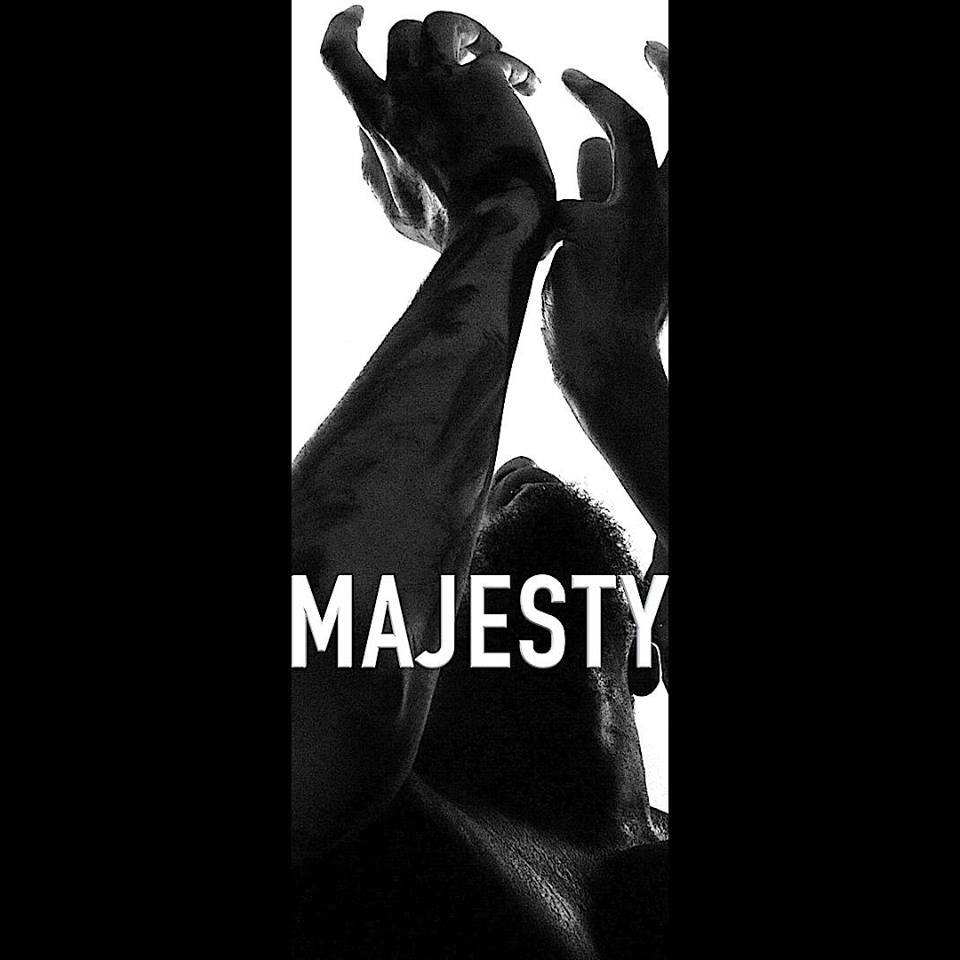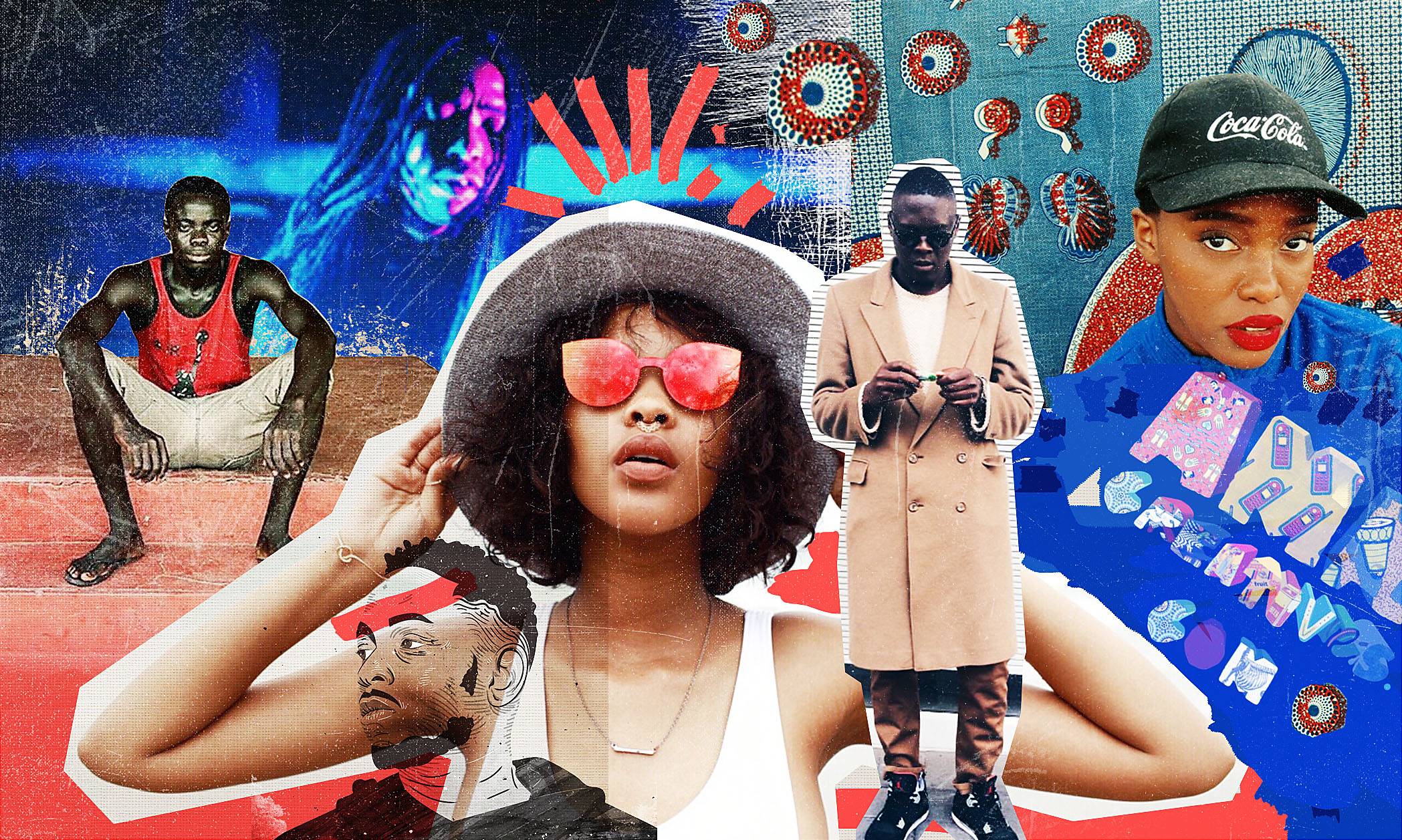“I would say to any up and comings- although we are all still up and coming- just fight for whatever… not even fight, just be who you are. Whatever you’re trying to do, you already are. That’s why you get disappointed when you hear a ‘no’ or something… because you know that you already are. Start looking for platforms on which you can execute whatever you feel inside of yourself. And make sure that you know true love- whenever I receive love, I’m like, yoh… epic! I feed off of love and I really feel that if you work from that perspective, things will happen for you. If you do things with love, you always prosper and move forward in the direction you ought to move.”
– Legend Manqele
It’s difficult to speak to Legend Manqele and to not feel inspired. Regardless of how high he has risen or how high he will still go, he takes the time to connect with you and your story, infusing the encounter with a sense of sincerity and purpose. He’s the ‘driven-man’, re-embodied in a form that cares less for external definitions and arbitrary constructions, than for the power of self-knowledge and a sense of what can be gained through the pursuit of a life in which you live, as much as possible, according to your own truth. It’s a startling revelation in a space like Johannesburg where people so often battle to come into their own light because of the artificial façades they figure as necessary for success. Legend’s story offers a different kind of vision, where multiple incarnations and abilities are nurtured and facilitated by the strength of setting the centre first.
Legend was brought up by his Grandmother, until he was 13 years old, in eSinathingi, Pietermaritzburg, and although he can now occupy any boardroom with immense sophistication, presence, and perspective, he still speaks with reverence about the way those experiences shaped him; how they infused the beauty and complexity of simple rhythmic moments into his consciousness and evoked in him a sense of higher-calling. He left PMB for Durban as a teenager and so quickly developed a strong sense of independence. Although he describes himself as rather insular during this time, he speaks about some of his experiences there, as watershed moments. He tells me about his first unrequited love, which created an awareness of emotions and relationships being of a far more complicated, and authentic, order than the cookie-cutter, gift card clichés that are sold to us. He tells me about moving with a friend and his mother into the restaurants of fancy hotel spaces, how marching through corridors and occupying rooftops made him realise how so much operates on illusions of access, and drove home the fact that young people owe it to themselves to break those restrictive notions. He also tells me about working in retail after matriculating and noticing, from those experiences, the differences between selfish and selfless acts- how some people could so easily push badly-suited garments just to meet their targets, and how that didn’t sit right with him, when he was interested in the potential of more meaningful exchanges. It was perhaps this perspective that, one day, saw a prominent South African celebrity recognise and ask Legend to personally escort and assist her through the mall in order to find what she wanted. Legend tells me how that simple moment sparked a massive redefinition of understanding in his life; not only did it testify to the walls that can be broken down through perseverance, but it also affirmed the value of the qualities that he had begun to define himself by. It was then that he knew he had to move to Johannesburg.

Legend landed in Hillbrow from Durban in 2009. Within the first two days of arriving, he hit the streets, walking first to Rosebank in order to suss-out further retail opportunities there. However, being, since his school days, enamoured with cultural production and particularly with acting, Legend then set out for Randburg, where he knew that Urban Brew was operating. After positioning himself within a studio audience, Legend began inquiring how things actually functioned. It was then that he encountered the Producers who immediately picked up on his infectious energy and sincere enthusiasm. This ensured that he was offered a contract of employment within his first few weeks of arriving in JHB. The rest, as they say, is history… as Legend has now gone on to establish himself as one of South Africa’s most prominent young cultural producers. He has landed several high-profile acting jobs, most recently featuring in E.TV’s popular drama series Umlilo; has established the Marvin online magazine; and has founded his own production company, BarLeader.
Legend is an initiator who isn’t prepared to settle for substandard. He recognises tensions inherent in the corporatisation of creativity but because his priorities are so focussed, he is able to employ the business-savvy required in order to make-real the vision of creating proudly South African content; content where the majority are no longer whitewashed off screens or reduced to stereotypical projections that just don’t resonate with peoples’ lives. BarLeader is about recognising the potential of others and Legend draws on his own experiences of being mentored in order to invigorate and encourage his own team. While many companies simply cut-and-paste ‘human-centred’ notions over their pre-existing models, Legend has operated with an ethos of love, from the ground… up. BarLeader has a radically collaborative perspective in relation to the rest of the often confined and ego-driven industry, as Legend believes it is through these exchanges that South Africa will be enabled to create and push content that finally begins to reflect the incredible vitality of this country. His focus is also on increasing the visibility of, and speaking with, other African countries as cutting-edge cultural producers, and BarLeader has already begun to establish connections with Nigeria, the Democratic Republic of the Congo, and Kenya.
Legend observes that cultural production is necessarily a youth-driven process and it is political; we often come to know of and imagine spaces through the ways the youth occupy, document and disseminate information about them. BarLeader is driven by this youthful energy (which Legend is quick to point out, is more about a perspective/positioning than a particular age-bracket) because this Production House recognises that this is where the redefinition happens, that it is from here that the beautiful scripts will finally emanate. The youth hold incredible power in producing and consuming their own content, and in not always looking towards greener grass growing somewhere else, but in watering their own spaces until they explode with abundance. They know how to create this even when supportive systems are lacking; they’re working their day jobs, running their blogs, writing their stories, throwing their parties, and generally operating well beyond predefined work hours. If they’re eating cereal for supper it’s because their priorities reach far beyond the imposed structures… they are investing now in the creation and realisation of new and better worlds, where existing means more than being echoed in hollow representations or simply getting by. Legend is one of these trailblazers and he is creating systems to propel this work forward, elevating himself in order to lift others with him… taking on and off suits and reassembling professionalism as an entirely new kind of Kingpin.

Editorial image credits
Photography: Andile Buka
Styling: Jamal Nxedlana
Image 1:
Legend wears Adidas tracksuit. All accessories The Source
Image 2:
Legend wears Leather shirt jacket from CityHall. All accessories The Source
Image 3:
Legend wears Leather trenchcoat from CityHall, retro tracksuit top by Puma, jogging pants by (Nike) Jordan and trainers by Nike
